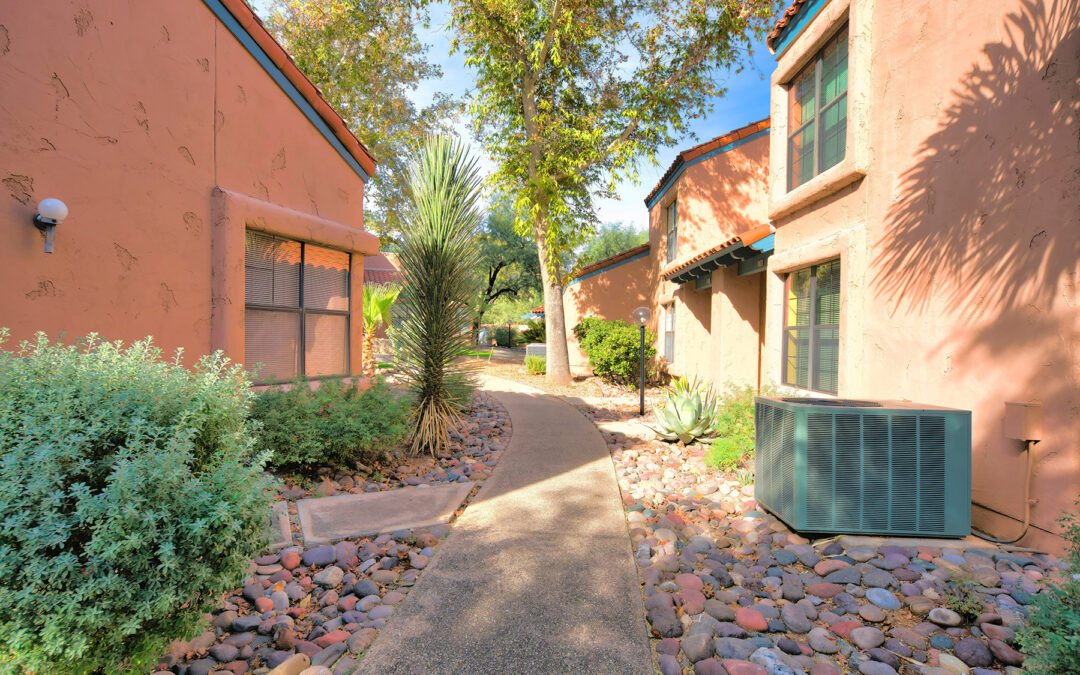Driveways and Pathways
Recycled concrete in residential areas, a sustainable and efficient building material, is gaining traction. This is seen in residential suburbs for its myriad of applications and environmental benefits. One prominent use of recycled concrete is in the construction of driveways and pathways. Using crushed and repurposed concrete from demolished structures, new driveways can be laid out. With significant cost savings. This material provides a sturdy and durable surface that can withstand everyday wear and tear. Similarly, pathways created with recycled concrete offer residents a reliable and aesthetically pleasing option. It’s good for walkways around their homes and gardens.
Retaining Walls in residential areas
In addition to driveways and pathways, recycled concrete in residential areas can be effectively utilized in the construction of retaining walls and garden beds. Residential neighborhoods often require landscaping solutions to manage soil erosion. It creates visually appealing terraces. Recycled concrete blocks or crushed concrete can be used to build robust retaining walls that not only serve their functional purpose but also reduce the need for new raw materials. Garden beds crafted from recycled concrete add a rustic charm to suburban gardens while promoting the reuse of building materials.
Concrete in Residential areas Foundation
The use of recycled concrete in foundation work is another vital application in residential areas. When constructing new homes or extensions, recycled concrete can be used as a base layer or aggregate in concrete mixes. This reduces the demand for newly quarried materials. It leverages the structural integrity of recycled concrete to provide a stable foundation. By incorporating recycled concrete into foundations, builders contribute to reducing the environmental footprint of construction projects while ensuring the stability and longevity of residential structures.
Benefits for the Ecosystem
From an environmental standpoint, using recycled concrete in residential areas significantly benefits the ecosystem. First and foremost, it mitigates the need for landfill space. By diverting concrete debris from landfills, the volume of waste is reduced, lessening the strain on landfill sites. Additionally, recycling concrete conserves natural resources by limiting the demand for virgin aggregate materials. This reduction in quarrying activities helps preserve natural landscapes and reduces the carbon emissions associated with the extraction and processing of new materials. Furthermore, recycling concrete entails lower energy consumption compared to producing new concrete, leading to decreased greenhouse gas emissions.
Lastly, employing recycled concrete in residential suburbs aligns with broader sustainability goals and promotes community awareness about environmental conservation. It encourages residents and builders to adopt eco-friendly practices and highlights the importance of resource efficiency. By showcasing the practical applications and benefits of recycled concrete, suburban communities can set an example for sustainable living and inspire other regions to follow suit. Inculcating a culture of recycling and repurposing materials fosters a sense of environmental responsibility and contributes to the overall well-being of the planet.

